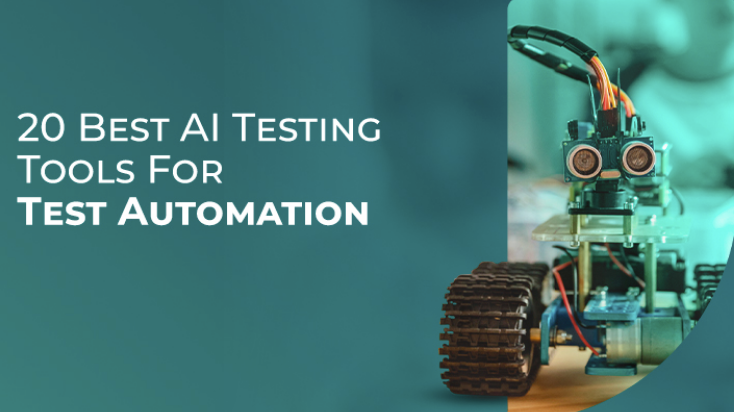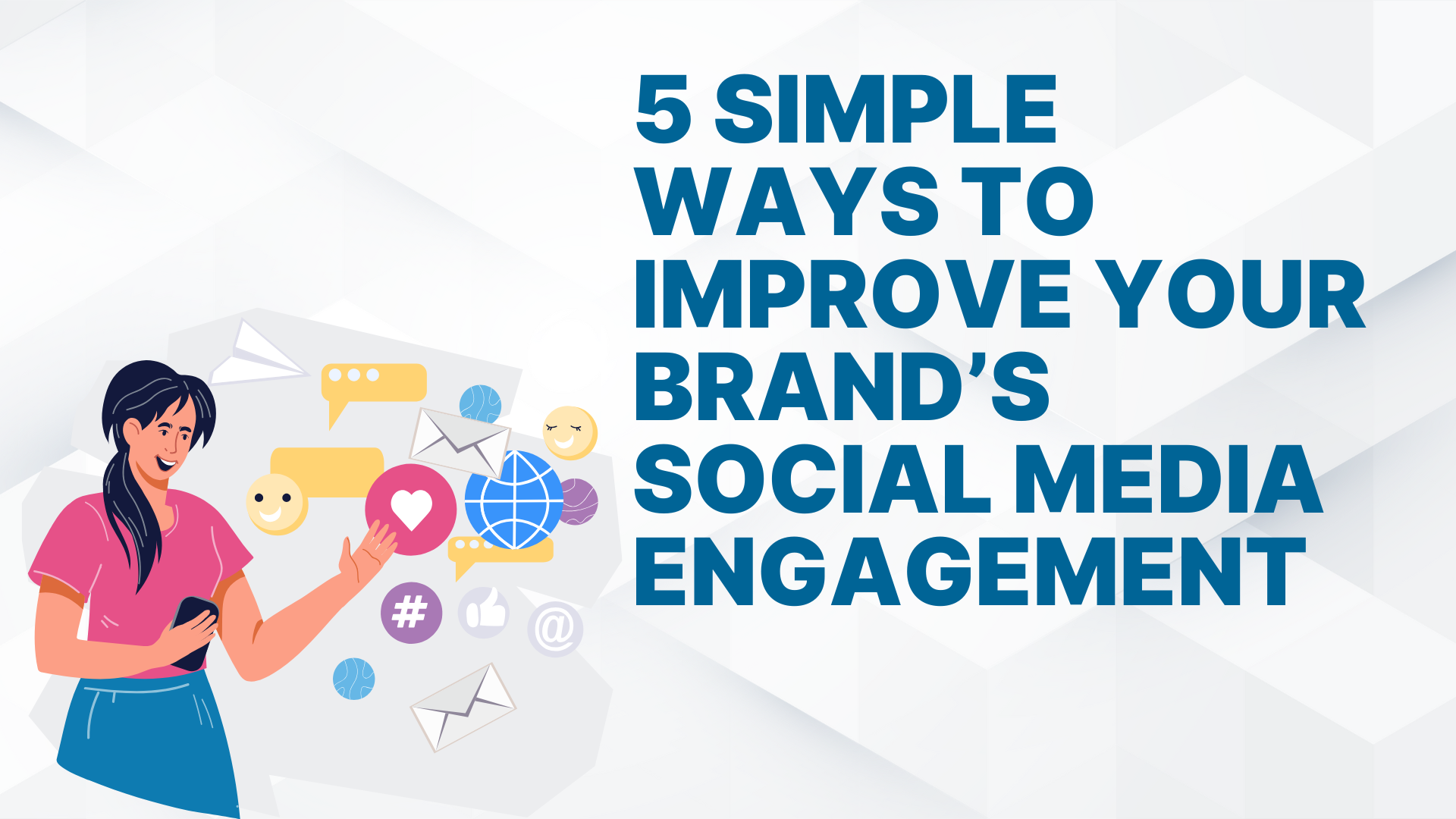What Is AI Software Testing Tool?
An AI (Artificial Intelligence) software testing tool is a type of technology designed to apply artificial intelligence and machine learning techniques to various aspects of the software testing process. These tools aim to enhance and optimize different stages of software testing, including test creation, execution, analysis, and maintenance, by leveraging AI algorithms and capabilities. The goal is to improve the efficiency, accuracy, and effectiveness of software testing activities.
Benefits Of AI Testing Tools
AI testing tools offer a wide range of benefits that contribute to more efficient, effective, and comprehensive software testing processes. Leveraging artificial intelligence and machine learning, these tools enhance various aspects of testing, from test creation and execution to defect detection and analysis. Here are some of the key benefits of using AI testing tools:
1. Accelerated Test Creation: AI testing tools can automatically generate test cases, scenarios, and scripts by analyzing the application's behavior and learning from historical test data. This speeds up the test creation process and ensures broader test coverage.
2. Enhanced Test Execution: AI-powered tools can optimize the execution of automated tests by prioritizing and scheduling test cases based on factors such as risk analysis, code changes, and historical failure patterns. This ensures that critical areas are thoroughly tested.
3. Improved Defect Detection: AI algorithms analyze test results and identify patterns indicative of potential defects. By learning from past defects, AI testing tools can improve their accuracy in detecting issues, reducing false positives, and providing valuable insights to developers.
4. Dynamic Test Adaptation: AI tools can adapt test scripts and scenarios dynamically as the application evolves. They detect changes in the user interface, behavior, or data and adjust tests accordingly, reducing the need for manual script updates.
5. Visual Regression Testing: AI-powered visual testing tools compare screenshots of application screens to identify visual regressions or inconsistencies. This ensures consistent user interface across different devices and environments.
6. Predictive Analysis: AI analyzes historical testing data to predict potential risks and areas of concern. This information helps testing teams focus their efforts on high-risk areas and make informed decisions about test planning and resource allocation.
7. Bug Triage and Prioritization: AI testing tools categorize defects based on severity, impact, and other factors, helping prioritize bug fixes and ensuring critical issues are addressed promptly.
8. Natural Language Processing (NLP): Some AI tools use NLP to interpret and understand natural language test specifications, requirements, and user stories. This aids in generating test cases and verifying that software meets user expectations.
9. Continuous Testing and DevOps Integration: AI tools integrate seamlessly into continuous integration and continuous delivery (CI/CD) pipelines, automating testing at every stage of development. This facilitates faster feedback loops and reduces the risk of defects reaching production.
10. Efficient Resource Allocation: AI testing tools help allocate testing resources effectively by identifying areas that require more testing attention and resources. This ensures optimal use of testing efforts and resources.
11. Reduced Manual Effort: Automation through AI testing tools reduces the need for manual intervention in test creation, execution, and maintenance, allowing testers to focus on more strategic tasks.
12. Increased Test Coverage: With automated test generation and execution, AI testing tools can cover a broader range of test scenarios, ensuring that different aspects of the application are thoroughly tested.
13. Faster Time-to-Market: AI testing tools contribute to faster testing cycles and quicker feedback, enabling development teams to identify and address issues earlier in the development process.
14. Improved Software Quality: By enhancing defect detection, ensuring visual consistency, and predicting risks, AI testing tools ultimately lead to higher software quality and a better user experience.
15. Cost Savings: AI testing tools can optimize testing efforts, reduce manual labor, and prevent defects from reaching production, resulting in cost savings over the long term.
In summary, AI testing tools provide numerous advantages that enhance the testing process and contribute to more efficient, accurate, and effective software quality assurance. As the field of artificial intelligence continues to evolve, these tools are expected to play an increasingly crucial role in ensuring the success of software projects.
Best AI Software Testing Tools For Test Automation
As the demand for efficient and effective software testing continues to grow, AI-powered testing tools are becoming essential for accelerating test automation, enhancing test coverage, and improving overall software quality. These tools leverage artificial intelligence and machine learning to optimize test creation, execution, and analysis, making them invaluable assets for modern development and quality assurance teams. In this article, we will explore the 20 best AI testing tools for test automation, highlighting their features, benefits, and contributions to software testing excellence.
1. Test.ai: Test.ai is an AI-driven testing platform that specializes in visual testing and user experience validation. Using computer vision and machine learning, Test.ai autonomously explores mobile and web applications to identify visual and functional bugs. By simulating user interactions and comprehensively evaluating the user interface, Test.ai ensures a seamless and visually appealing application experience.
2. Applitools: Applitools offers a powerful visual AI testing solution designed to detect and prevent visual regressions in applications. The tool automatically compares screenshots of application screens across different devices, screen sizes, and resolutions. This ensures consistent visual representation and quickly identifies any visual discrepancies that may occur during development.
3. Functionize: Functionize is an AI-powered testing platform that excels in test creation, execution, and maintenance. It employs machine learning to simplify test script creation and automatically adjusts tests to accommodate application changes. Functionize's AI engine analyzes application behavior and adapts to testing patterns, enhancing test stability and reducing maintenance efforts.
4. mabl: mabl is an autonomous testing platform that leverages machine learning to create, execute, and maintain automated tests. It focuses on end-to-end testing, simulating user interactions and validating critical user flows. With its adaptive AI engine, mabl effectively handles changes in the application, making it well-suited for agile development environments.
5. Testim: Testim provides an AI-based testing platform that streamlines test script creation and execution. Its AI engine captures user interactions, generates test scripts, and continuously adapts to application changes. Testim's Smart Locators technology ensures robust and resilient tests that are resistant to UI changes.
6. TestCraft: TestCraft is an AI-driven testing platform that enables testers to create, execute, and maintain automated tests without the need for coding. Its AI-powered recorder analyzes application behavior, learns from user interactions, and generates reliable test scripts. TestCraft supports web and mobile applications and integrates seamlessly with various development tools.
7. Appvance IQ: Appvance IQ is an AI-driven testing platform that encompasses functional, performance, and security testing. It utilizes AI-generated test scripts and dynamically evolves test scenarios to enhance coverage. Appvance IQ's self-healing technology automatically adapts tests to changes in the application, minimizing manual intervention.
8. Eggplant AI: Eggplant AI offers AI-powered testing solutions with a focus on user-centric testing. It employs machine learning to understand user behavior, generate test scenarios, and execute tests across multiple devices and environments. Eggplant AI ensures that applications meet user expectations and deliver consistent and user-friendly experiences.
9. Sealights: Sealights provides an AI-driven testing platform that optimizes testing efforts through data analysis. Its AI engine identifies redundant or ineffective tests, enabling teams to streamline their test suites for maximum efficiency. Sealights assists organizations in prioritizing testing efforts and expediting release cycles.
10. ReTest: ReTest is an AI-based testing tool that excels in test maintenance and adaptation. It analyzes changes in the application and dynamically adjusts test scripts, reducing the need for manual updates. ReTest's AI capabilities contribute to test stability and minimize maintenance overhead.
11. Tricentis Tosca: Tricentis Tosca utilizes AI to automate end-to-end testing processes. Its AI-powered risk-based testing optimizes test case selection and coverage, enabling teams to focus on high-risk areas. Tricentis Tosca supports a wide range of technologies and applications, ensuring comprehensive test coverage.
12. Perfecto: Perfecto offers an AI-driven testing platform for mobile and web applications. It uses machine learning to automatically analyze and adapt tests based on real user behavior. Perfecto's Smart Reporting provides insights into application quality, helping teams make informed decisions.
13. TestCraftsmen: TestCraftsmen employs AI to enhance test automation efficiency and effectiveness. It focuses on test data generation, predictive analysis, and test optimization. TestCraftsmen's AI capabilities contribute to quicker defect identification and improved test coverage.
14. TestVagrant: TestVagrant uses AI to automate test script creation, execution, and analysis. Its AI engine learns from application behavior and user interactions to generate robust test scripts. TestVagrant's AI-driven testing enables rapid feedback and accelerates release cycles.
15. Appsurify: Appsurify leverages AI to optimize test execution by identifying and prioritizing high-impact test cases. It dynamically adjusts test suites based on code changes, enabling teams to focus on critical areas. Appsurify's AI capabilities contribute to faster feedback and improved testing efficiency.
16. Agiletestware: Agiletestware offers AI-driven test automation solutions that focus on creating maintainable and adaptable test scripts. It uses machine learning to identify UI elements and generate efficient test scripts. Agiletestware's AI-powered testing contributes to reduced maintenance efforts and enhanced test coverage.
17. Turing: Turing is an AI-based testing tool that automates software testing across different platforms and browsers. It focuses on functional, regression, and visual testing. Turing's AI capabilities help teams identify issues and deliver high-quality applications.
18. ReQtest: ReQtest utilizes AI to enhance requirements management, test planning, and defect tracking. It employs machine learning to predict project risks, prioritize test cases, and improve traceability. ReQtest's AI-driven insights contribute to better project management and decision-making.
19. Kobiton: Kobiton offers an AI-powered mobile testing platform that supports real device and emulator testing. It uses AI to analyze test results, identify patterns, and optimize testing strategies. Kobiton's AI capabilities enhance mobile application testing and performance analysis.
20. Sauce Labs: Sauce Labs provides an AI-driven testing platform for web and mobile applications. Its AI engine analyzes test results and provides recommendations for improving test coverage and reliability. Sauce Labs' AI-powered insights help teams deliver high-quality applications.
Conclusion
AI testing tools are revolutionizing the field of test automation by leveraging artificial intelligence and machine learning to enhance test creation, execution, and analysis. These 20 AI testing tools offer a wide range of capabilities, from visual testing and autonomous test creation to risk-based testing and predictive analysis. By incorporating AI into their testing processes, development and quality assurance teams can achieve higher test coverage, faster feedback, and improved software quality. As AI technology continues to advance, these tools are expected to play an increasingly significant role in ensuring the success of software projects.

















Post Comments